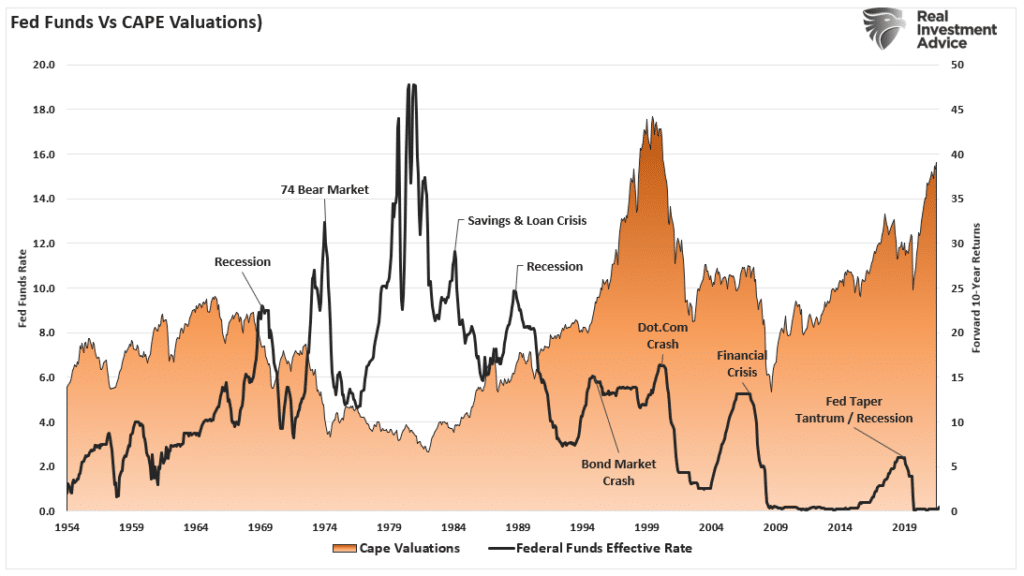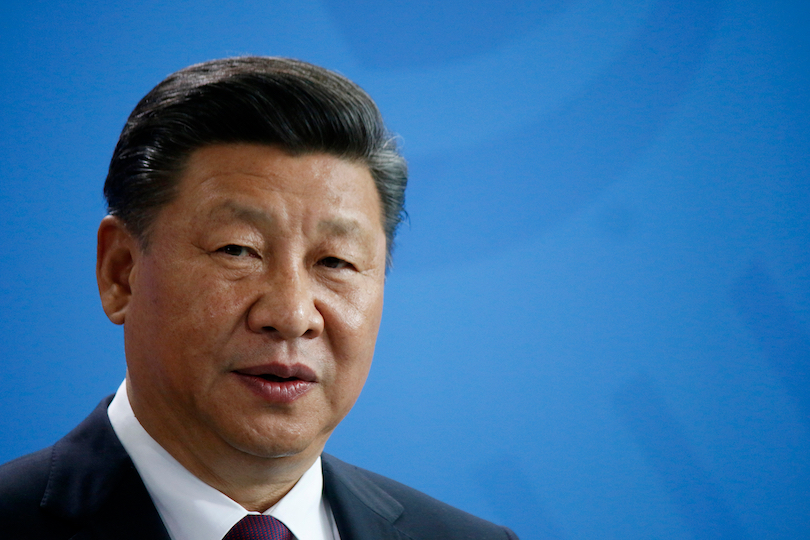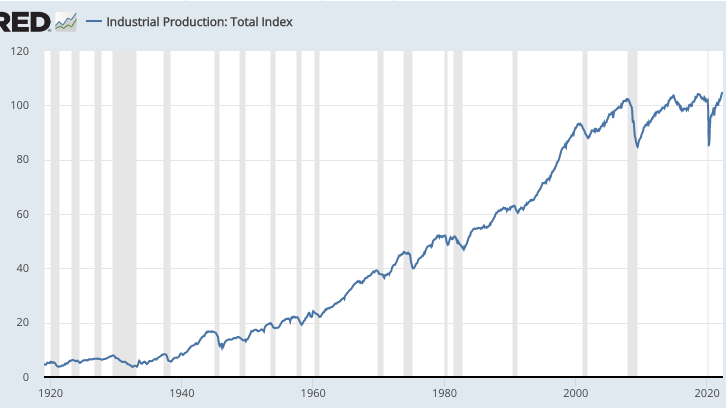Sixty years after it was first formulated, the core tenet of the efficient market hypothesis (EMH) — that stock prices fully reflect all available information — is still considered gospel truth in many quarters: Investors can only expect to earn a normal rate of return because prices adjust before investors can trade on fresh information.
Hypothesizing about Markets
Another key postulate of the EMH is investor rationality. That is, investors will automatically adjust their valuation estimates to every new piece of information. The EMH acknowledges that individuals can independently deviate from rational behavior. But a third assumption of the theory is that irrationally optimistic investors are just as common as irrationally pessimistic ones, and thus “prices would likely rise in a manner consistent with market efficiency,” as the authors of Corporate Finance explain.
While arguing that such irrationality is invariably offset may seem a little too tidy and unrealistic, a fourth EMH assumption holds that irrational amateurs will face rational and intuitive professionals who will take advantage of any temporary mispricing through arbitrage.
A fifth fundamental inference is that of perfect competition. No investor can control any segment of the market and extract monopoly profits for lengthy periods.
As a consequence of the above, there are no patterns in share price changes and prices at all times express true value. Prices follow a random walk and no investor can consistently make money from trend-following, momentum-buying, or any other investment style.
To anyone with experience in the public markets, these axioms — perfect information, investor rationality, an irrationality-offsetting mechanism, systematic arbitrage, and perfect competition — are, at best, farfetched. But as sociologist Raymond Boudon observed, “people often have good reason to believe in dubious or false ideas,” which can be reinforced by flawless arguments based on conjectures. One particular belief Boudon flagged is that of homo economicus as a rational being, “almost God’s equal.”
What makes the EMH so appealing is the premise that markets are optimal capital allocators and wealth creators. That capitalism trumps planned economies does not validate the theory, however. Here, Max Weber’s core research principle applies: “Statements of fact are one thing, statements of value another, and any confusing of the two is impermissible.” This is where the EMH erred.

Deconstructing Market Efficiency
Let’s review why the EMH’s economic interpretation is questionable.
1. Information Accuracy
To start with, the notion of perfect information ignores the fact that information can be manipulated, inaccurate, misleading, fraudulent, or simply difficult or impossible to understand.
Rigging markets is not a new technique. Creative accounting and outright fraud are common, particularly during bubbles and market corrections. The dot-com and telecom manias led to various scandals. The latest euphoria orchestrated by central banks’ zero interest-rate policies brought on Wirecard and FTX, among other excesses.
In the days of fake news and instant messaging, the claim that market prices contain all available data fails to take into consideration the risk of misrepresentation.
2. Information Access
Market prices can only reflect perfect information if all investors access the same data at the same time. In the United Kingdom, for instance, a fifth of public takeovers are preceded by suspicious share price movements. Insider trading is rife and has always been.
In an April 1985 study of all takeovers, mergers, and leveraged buyouts from the year before, BusinessWeek magazine found that the stock price rose in 72% of the cases before the transaction was publicly announced. As Drexel CEO Fred Joseph put it: “the arbs [arbitrageurs] have perfected the technique of obtaining inside information.”
Disparate data access does not solely affect stock and bond exchanges. Four years ago, the Bank of England and US Federal Reserve discovered that some traders and hedge funds received policymakers’ statements up to 10 seconds before they were broadcast.

3. Information Processing
Sophisticated investors analyze information in a methodical, rigorous, and speedy way. Algorithmic tools give institutions an unassailable edge against less experienced investors.
The success of quantitative trading at Jim Simons’s Renaissance Technologies and other hedge funds demonstrates that superior data analysis can help beat the market consistently, even if not all the time.
Mass investor confusion is a real phenomenon. Investors mistook the Chinese company Zoom Technologies with the newly listed Zoom Video in 2019, sending the former’s stock soaring 70000%. A year later, as the world went into lockdown, it happened again. These are isolated anecdotes to be sure, but given such basic mistakes, is it credible to posit that stock prices accurately reflect all available information?
Beyond Information
A major shortcoming of the EMH is that it offers a narrow definition of market efficiency, focusing wholly on data availability. This oversimplification fails to acknowledge that the market is more than just a reflection of data flows. Other factors can create friction.

1. Trade Execution
Once investors access, process, and analyze information, they must be able to execute trades seamlessly. Market makers and professional traders may have this ability, but individual investors do not. The front-running scandal at Robinhood, when customer order data was shared with high-frequency traders (HFTs), is just one example of the uneven playing field.
This sort of practice is nothing new. In The Man Who Solved The Market, Gregory Zuckerman explains how in the mid-1990s, “shady traders were taking advantage” of Simons’s hard work by “watching [his fund] Medallion’s trades.” Michael Lewis described how HFTs speed up trade execution in Flash Boys. They deploy computer-driven trading robots, access private venues called “dark pools” to hide transactions, move physically closer to public exchanges to trade ahead of other participants, and pay intermediaries for early access to information, all to artfully maintain an unfair advantage.
Superfast connections and algorithmic trading should democratize access to stock exchanges, improve liquidity, and lower spreads not rig markets by enabling front-running.
2. Price Setting
According to the EMH, price changes are statistically independent from one another. They occur as new data emerges; there are no trends for investors to identify. The market’s response to new data includes no investor overreaction or delay. Prices always reflect all available information.
Benoit Mandelbrot’s pre-EMH research demonstrated that stock prices were characterized by concentration and long-range dependence. New information moved markets, but so did momentum and other factors unrelated to data flows. Investors could make money from trend-following, momentum, seasonality, and other strategies. This contradicts the EMH, and further research into persistent return anomalies supports the conclusion.
As Warren Buffett observed in his coin-flipping article about superinvestors in Graham-and-Doddsville, it is possible to consistently beat the market.

3. Investor Behavior
Investor rationality maybe the weakest of the EMH’s assumptions.
Behavioral economists have long maintained that investors are emotional. Robert Shiller demonstrated that stock prices are more volatile than would be expected if investors were strictly rational. Investors tend to overreact to unexpected news.
That the actions of irrational investors are somehow neutralized by arbitrageurs, or by other irrational investors taking opposite positions, has always seemed like wishful thinking. That the price-setting process is devoid of speculation is equally unsound as theory. If speculation may explain price movements in cryptocurrency markets or for meme stocks, with no underlying cash flows or corroborative performance data, why couldn’t it play a role in broader market activity?
Verification and Falsification
Behaviorists and EMH advocates fiercely debate market efficiency. Eugene Fama, one of the EMH’s pioneers, has acknowledged that the theory cannot be fully tested. “It’s not completely true,” he said. “No models are completely true.” Partly for that reason, he defined three types of efficiency: a weak form, based on historical trends; a semi-strong form, which includes all public information; and a strong form whose price trends also include private information.
The strong form has long been discredited, if only due to rampant insider trading and instances of market manipulation by sophisticated investors to the detriment of less experienced punters — witness recent excesses with SPAC structures.
The semi-strong form never looked credible either given Mandelbrot’s research and Buffett’s superinvestors. Market prices do not solely depend on information.
Investor rationality is the core assumption behind many economic theories, but philosopher Karl Popper explained that such “theories . . . are never empirically verifiable.” They cannot be considered true until proven in a universal and unconditional manner, yet they can be falsified at any moment.
For Popper, the most uncertain theories tend, by necessity, to be the most immune to criticism. The iterative process of falsification and verification is endless and leads to intermediate conclusions. The problem is knowing when enough contradictions have accumulated to abandon a theory.

Multiple Truths
Financial markets are faulty, but just how faulty is not clear. Unless and until it is incontrovertibly falsified, the EMH will continue to prevail. Recognizing its detractors’ weak standing, Fama stated that “there is no behavioral asset pricing model that can be tested front to back.” The same is true, of course, of his own market efficiency model.
Markets are at times efficient, at other times inefficient. They may even be both concurrently. This is what proponents of a hybrid version seek to determine. Andrew Lo’s theory of adaptive markets, for instance, blends aspects of both market efficiency and behaviorism.
If they are neither solely informational nor fully behavioral, markets are also unlikely to be both exclusively. Their complexity transcends disciplines and cannot be entirely modeled out. But this does not contravene the idea that it is possible to beat the market repeatedly through sheer luck — in a sort of coin-flipping contest; with skills and experience — using algorithmic or alternative methods; or through inside information and other criminal means.
Although it appears purely random, there is order within the chaos of financial markets. The main challenge for investors remains how to devise an investment style that consistently, even if not constantly, outperforms.
If you liked this post, don’t forget to subscribe to the Enterprising Investor.
All posts are the opinion of the author. As such, they should not be construed as investment advice, nor do the opinions expressed necessarily reflect the views of CFA Institute or the author’s employer.
Image credit: ©Getty Images / AmandaLewis
Professional Learning for CFA Institute Members
CFA Institute members are empowered to self-determine and self-report professional learning (PL) credits earned, including content on Enterprising Investor. Members can record credits easily using their online PL tracker.















